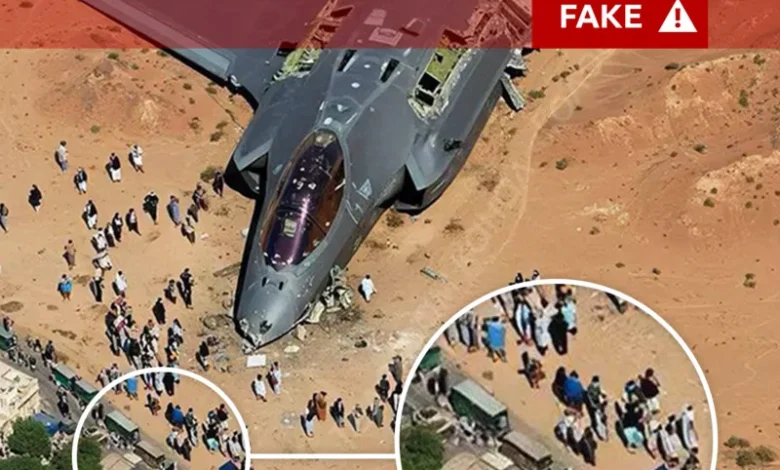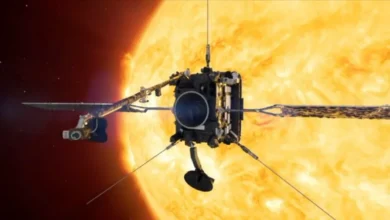Israel-Iran conflict unleashes wave of AI disinformation


A wave of disinformation has been unleashed online since Israel began strikes on Iran last week, with dozens of posts reviewed by BBC Verify seeking to amplify the effectiveness of Tehran’s response.
Our analysis found a number of videos – created using artificial intelligence – boasting of Iran’s military capabilities, alongside fake clips showing the aftermath of strikes on Israeli targets. The three most viewed fake videos BBC Verify found have collectively amassed over 100 million views across multiple platforms.
Pro-Israeli accounts have also shared disinformation online, mainly by recirculating old clips of protests and gatherings in Iran, falsely claiming that they show mounting dissent against the government and support among Iranians for Israel’s military campaign.
Israel launched strikes in Iran on 13 June, leading to several rounds of Iranian missile and drone attacks on Israel.
One organisation that analyses open-source imagery described the volume of disinformation online as “astonishing” and accused some “engagement farmers” of seeking to profit from the conflict by sharing misleading content designed to attract attention online.
“We are seeing everything from unrelated footage from Pakistan, to recycled videos from the October 2024 strikes—some of which have amassed over 20 million views—as well as game clips and AI-generated content being passed off as real events,” Geoconfirmed, the online verification group, wrote on X.
Certain accounts have become “super-spreaders” of disinformation, being rewarded with significant growth in their follower count. One pro-Iranian account with no obvious ties to authorities in Tehran – Daily Iran Military – has seen its followers on X grow from just over 700,000 on 13 June to 1.4m by 19 June, a 100% increase in under a week.




